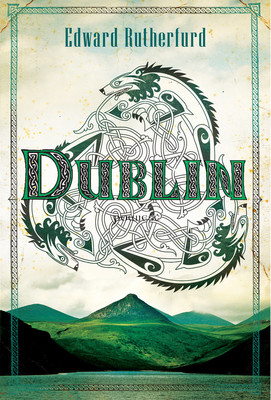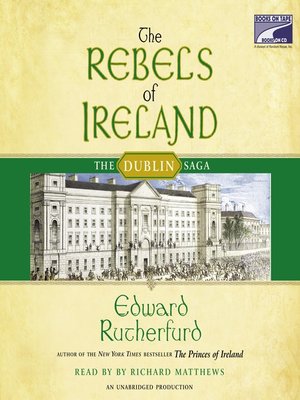

I'd read it again, mainly to pick up on any information that was missed the first time one read part of the storyline, in order to take a deeper dive into the documented history. I found this book to be a masterpiece of history and of very secretive feeling anecdotal evidence of politics in general, and the chronologicality of politics via the individual churches through are intriguing in how they reshaped themselves to continue to try for intellectual religious relevance over time, however there were key planes of worship that were a distinctually, historically diverse reflection of the people of Ireland 🇮🇪.

If you've read the first book, this book is worth your time.

I learned so many new historical facts, like that the island that is Ireland, had a very diverse history steeped in religion & war. I learned a good amount of new information through this book, based on the time period it is set in. I found this book to be better than the first book in this brief series of books on Ireland, excluding the very beginning of the first book, the Pagan rituals and such were fascinating. DO read "The Princes of Ireland" before starting the Rebels - it will explain references in this book, and make the experience so much richer.

I want to listen to every book that he has read! My husband was glad when I finished the books, as he had a hard time getting my attention while I had the headphones on. The narrator deserves kudos as well - his wide range of intonations, inflections and accents bring the story to life. At times I found myself wishing that some chapters could have been longer it wouldn't be hard to extend some of the periods into a book of their own. But there are incidents that made me chuckle as well. The results of the inevitable intermarriages are at times heartbreaking. Carrying the family lines from "Princes of Ireland" helps tie it all together. I learned a lot about the roots of Catholic/Protestant issues from this series - a FAR more complex confrontation than I'd imagined, with roots dating back to the 12th century.


 0 kommentar(er)
0 kommentar(er)
